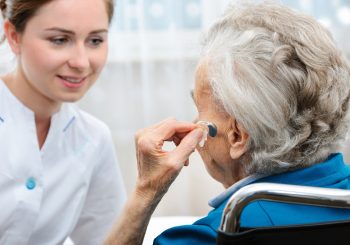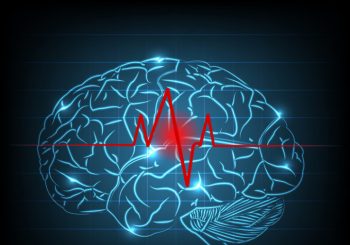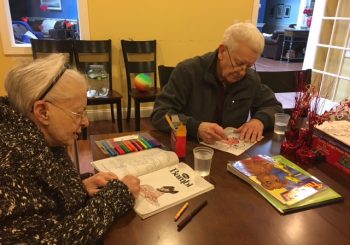
It is no secret that exercise has many benefits for both physical and mental well-being, and doctors have long been touting the value of aerobic exercise for both cardiovascular and brain health. Aerobic exercise has been shown to keep cognitive abilities from declining and reducing the risk for Alzheimer’s disease. Regular exercise is often credited with relieving stress, reducing risk of stroke, lowering blood sugar and improving balance and coordination. Scientists have also suggested that...
Read More
Read More









